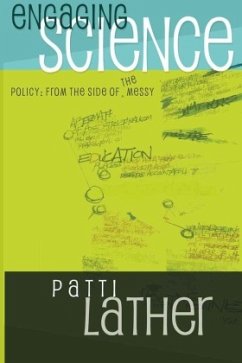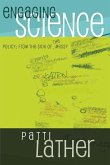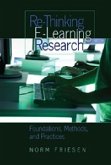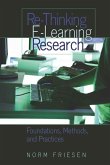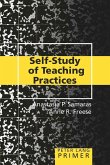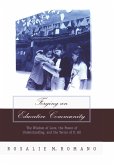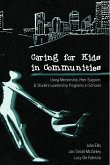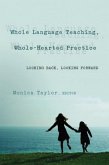Situated in education policy analysis, this book is at the cutting edge of major debates across the social sciences regarding the nature of science, qualitative/quantitative tensions, post-foundational possibilities, and the research/policy nexus. Located between "the aftermath of poststructuralism" and the "new scientism" afoot in neoliberal audit culture, the book posits an engaged social science that is accountable to complexity and the political value of not being so sure. Its insistence is to put deconstruction to work in the midst of messiness, contingency, and ambiguity. The book will be useful in courses on education, feminist policy analysis, and qualitative research across disciplines.
Bitte wählen Sie Ihr Anliegen aus.
Rechnungen
Retourenschein anfordern
Bestellstatus
Storno

